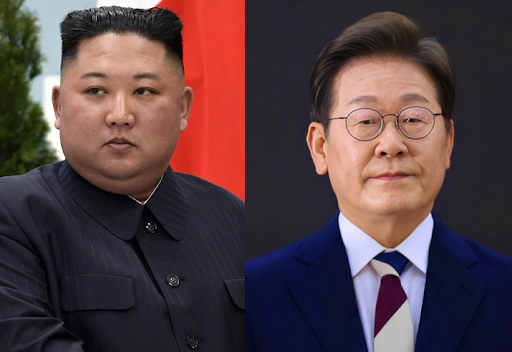A seven-year silence in inter-Korean military dialogue proposals was broken this week, only to be immediately drowned out by a row over nuclear submarines. North Korea lashed out on Tuesday against a deal between Seoul and Washington, claiming it would cause a “nuclear domino” effect. The condemnation came just a day after South Korea proposed military talks to prevent border clashes, highlighting the fragility of the current moment.
The deal that sparked the conflict was announced last week by President Lee Jae Myung. It allows South Korea to expand its authority regarding uranium enrichment and spent-fuel reprocessing, paving the way for the construction of atomic-powered vessels. Pyongyang’s state media slammed the move as a “dangerous attempt at confrontation,” predicting it would spark a “hot arms race” in the region.
The timing of the North’s reaction is critical. The proposal for military talks was the first such offer since the collapse of dialogue seven years ago. President Lee has sought to restart engagement without preconditions, a sharp reversal from the conservative stance of his predecessor. However, the North’s focus on the submarine deal suggests that strategic competition is currently the dominant theme of inter-Korean relations.
The “nuclear domino” rhetoric is a warning that the South’s actions have consequences beyond the peninsula. North Korea is arguing that the acquisition of nuclear propulsion by Seoul will destabilize the entire Asian security order. This narrative is designed to put diplomatic pressure on South Korea while justifying the North’s own military posture.
As of Tuesday, there has been no official response to the proposal for talks. The North has chosen to engage only with the submarine issue, leaving the peace offer hanging in the air. The situation remains tense, with the potential for a renewed arms race threatening to overshadow any hope for a diplomatic breakthrough.

